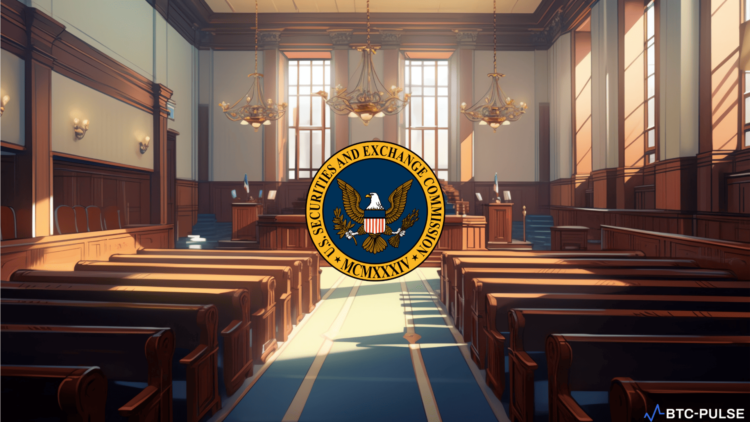A Cooperative Resolution
In a showing of considerable cooperation and compliance with regulatory norms, Linus Financial, Inc. has settled charges with the SEC concerning its crypto lending product, the Linus Interest Accounts. The regulator praised Linus for its swift actions to rectify the situation, hence opting against levying civil penalties.
Background of the Case
Initiated in March 2020, the Linus Interest Accounts offered a mechanism for investors to earn interest by converting U.S. dollars into cryptocurrency assets. Despite being considered securities and thus requiring SEC registration for offers and sales, the necessary registration was not obtained by Linus Financial.
Immediate Corrective Measures
After the SEC pinpointed the regulatory lapse, Linus Financial swiftly halted the offering of Linus Interest Accounts on March 25, 2022. Furthermore, it encouraged all its existing clients to withdraw their investments by April end, thereby guaranteeing the full return of all funds.
A Debate Over SEC’s Functioning
This case comes amidst an escalating debate on the SEC’s operational tactics under the leadership of its chair, Gary Gensler. With the proposition of the SEC Stabilization Act, lawmakers are vying to dethrone Gensler and restructure the commission to negate the disproportionate power vested in the chair’s role.
Critics and Defenders
While critics argue that the SEC has been leveraging enforcement actions to dictate laws, supporters like former SEC Commissioner Robert J. Stark defend the agency’s approach, emphasizing its adherence to federal securities laws.
Industry Reactions
Industry bigwigs, including TRON founder Justin Sun, have voiced their dissent against the SEC’s current regulatory structure for cryptocurrencies, urging for a more open and collaborative approach to foster growth and innovation in the crypto space.
Closing Remarks
The settlement stands as a testament to Linus Financial’s commitment to abide by regulatory norms while also spotlighting the ongoing debate surrounding the SEC’s role in regulating emerging technologies and markets. With a turbulent landscape, it remains pivotal for regulatory bodies and industries to work in harmony, fostering an environment conducive to innovation while safeguarding investors’ interests.










